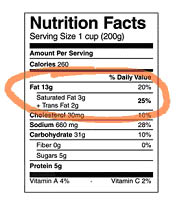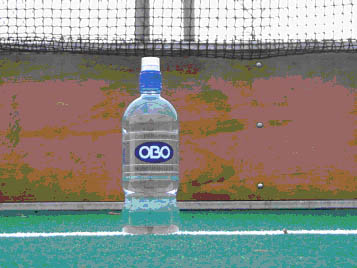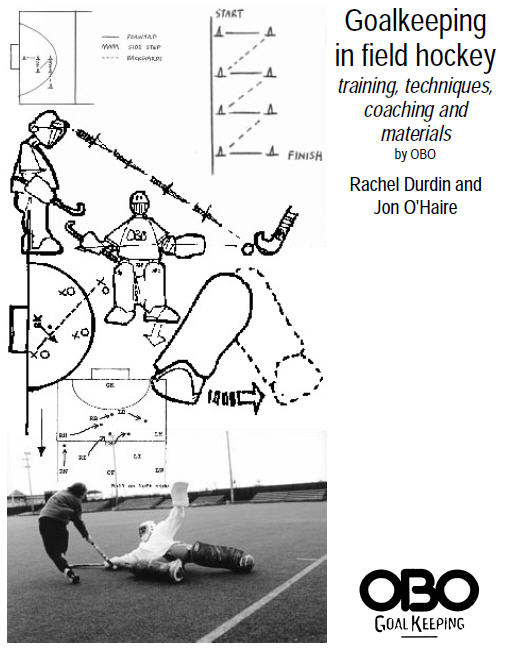 Get used to planning what you’re going to eat each day. Planning helps to stop eating whatever, whenever. Check the labels for the amount of fat, carbs, and protein they contain.This is an example of an eating plan for a player who has a light run in the morning followed by training or game in the afternoon.
Get used to planning what you’re going to eat each day. Planning helps to stop eating whatever, whenever. Check the labels for the amount of fat, carbs, and protein they contain.This is an example of an eating plan for a player who has a light run in the morning followed by training or game in the afternoon.
|
Time |
Type of meal | Type of foods |
|
|
Pre-run snack for energy | Glass of water for hydration and a glass of fruit juice for energy |
|
7:00am |
Run |
|
|
8:00am |
Breakfast high in carbohydrates to replenish and build up energy stores | Cereal & milk, or toast with jam/honey etc, fruit or fruit juice, water |
|
10:00am |
Snack to maintain energy stores | Scone or muffin or muesli bar, fruit, yoghurt, water |
|
12:00pm |
Pre training meal 4 hours prior to help build energy stores | Filled rolls or sandwiches, fruit, muesli bar, fruit juice, water |
|
2:30pm |
Snack 2 hours prior to training to maintain energy stores | Scone or muffin or muesli bar, fruit, yoghurt, water |
|
|
Pre training to ensure well hydrated | Water |
|
4:00pm |
Training/game |
|
|
|
During training for hydration (and energy) | Water (but for high intensity training or long cardio use a sports drink) |
|
|
After training to replenish energy stores | Sports drink, muesli bar, water, fruit. Protein (drink) for muscle growth. |
|
7:00pm |
Dinner to build up energy stores | Rice/pasta, vegetables, lean meat, water |
|
|
Evening Snack (if required) | Fruit or low fat ice cream or low fat biscuits |

